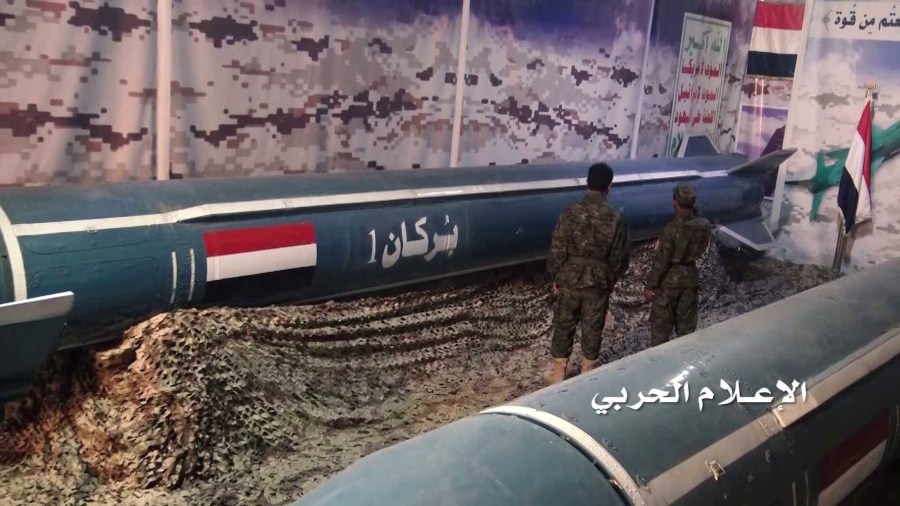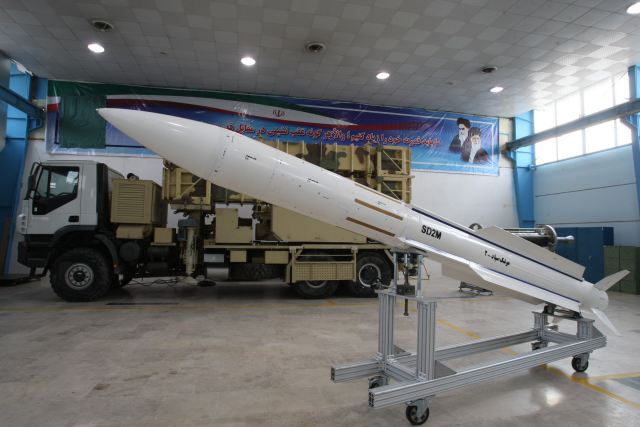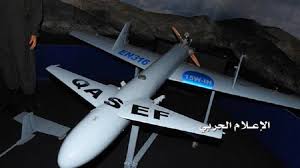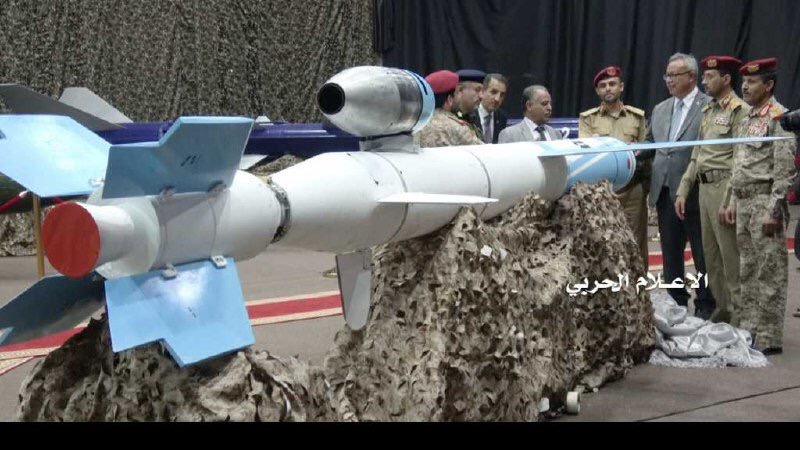Why The JCPOA Might Not Have Been A Good Idea
The below piece is solely my opinion and you are able to freely disagree with the piece as I understand we all have different opinions.
First of all, What is the JCPOA?
The Joint Comprehensive Plan Of Action is an agreement between the P5+1 (U.K,US,France,Germany,China,Russia)
The JCPOA limited Iran’s uranium stockpile limit to 300kg and it’s enrichment level was limited to 3.67% (A Nuclear weapons needs 90% enrichment).
Iran was also limited to the amount of excess heavy water produced at the Arak heavy-water nuclear reactor. (Heavy water contains plutonium that can be used in the building of a nuclear weapon)
In return for abiding by the rules of the deal Iran was given to access to $100 billion of frozen assets and sanctions imposed by the US,UN and EU were lifted.
So why wasn’t it a good idea?
The deal only restricted Iran’s nuclear capabilities. This meant that Iran was able to progress its ballistic missile program with no restrictions, a similar tactic to that used by North Korea in trying to complete the weapons delivery system before completing a nuclear warhead small enough to fit on a ballistic missile.
The deal would expire fully in 2031 allowing Iran to freely develop nuclear weapons and they would have already perfected the method of delivery. While the deal was only meant to be a temporary agreement for the immediate future to stop the immediate nuclear expansion of Iran, the failure to include Iran’s ballistic missile program caused problems for the NATO allies across the Middle East and Europe that were within range of Iran’s Ballistic Missiles.
This leads onto another problem with the JCPOA, there was no way to stop Iran’s expansion in the Middle East. The primary method of stopping problematic states expansion is through sanctions, for example the sanctions placed on North Korea. Under the JCPOA the US,EU and UN were unable to place sanctions on Iran. This led to a rapid growth throughout the Middle East of Iranian weapons to terrorist organisations.
One of the most prominent receivers of advanced Iranian weapons over the past few years has been the Houthi rebels in Yemen (Ansar Allah). They have received countless weapons systems from Iran including;
The Houthis Burkan-2H is according to the Pentagon an Iranian Qiam 1 after wreckage was discovered after the November 2017 Houthi missile attack on Riyadh
The Iranian Sayyad 2C SAM was attempted to be smuggled into Yemen by Iran in 2018 but the shipment was captured by the Arab coalition.
The Qasef Loitering Munition (Suicide Drone) is one of the most prominent Iranian weapons exported across the Middle East. It has been used multiple times by the Houthis and even killed 6 Saudi soldiers during a parade in Najran, Saudi Arabia
There are many more examples but all these weapons systems have been deployed in Yemen over the past few years and the P5+1 has been unable to prevent Iran from exporting these weapons systems due to their commitments to the JCPOA.
This has been replicated with Iran increasing its weapons supplies to Hezbollah, Shi’ite Militias in Iraq (which now appear to have been supplied with advanced Iranian loitering munitions) and Iran has also increased support for Hamas and Palestinian Islamic Jihad in Gaza.
Iran has been able to freely expand its power in the Middle East over the past 4 years, no doubt making the risk of confrontation between the US and Iran even more likely as US and Iranian interests clash across the region as we have seen in recent weeks with Houthis expanding attacks on Saudi infrastructure and the likely attacks by the IRGC on oil tankers in the Gulf of Oman.
The JCPOA made the Middle East more dangerous as terrorist and rebel groups supported by Iran grew stronger and the US and it’s allies were unable to prevent he expansion, since the withdrawal of the US from the deal, more pressure has been placed on Iran and their expansion is starting to slow as groups such as Hezbollah and Shi’ite Militias in Iraq have their funding streams cut as US sanctions start to bite on Iran’s economy.
This is solely my opinion and while the JCPOA did include good points in restricting Iran’s potential nuclear capabilities, the failure to include Iran’s Ballistic Missile program in the deal and expanding Iranian weapons exports and influence across the Middle East ultimately led to the US withdrawal from the JCPOA and this will likely lead to the inevitable downfall of the deal as the remaining signatories struggle to keep Iran abiding by the deal.





